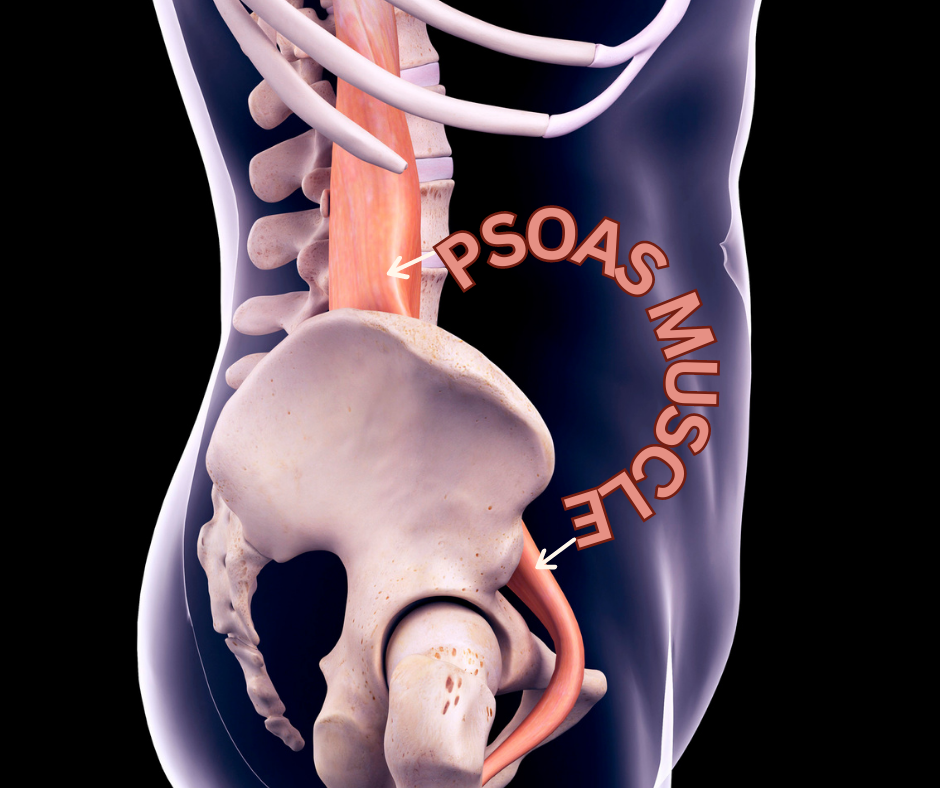History of Naturopathy as a preventive & healing practice has been around for centuries. With its roots dating back to the ancient Greeks who believed in the power of nature’s healing.
It first appeared in Europe during the 19th century when physicians began embracing, homeopathy & other forms of natural medicine.
In the early 1900s, Benedict Lust popularized Naturopathy in the United States. He brought together several natural healing philosophies from around the world. Working to promote them as a viable medical alternative in America.
During this chronological period, many treatments developed:
- Hydrotherapy https://www.ncbi.nlm.nih.gov/pmc/articles/PMC4049052/
- Herbal medicine
- Nutrition
- Homeopathy
- Ayurvedic medicine
- Myorthotics
- Myofascial release
- Remedial Massage https://wphphysio.com.au/8-reasons-why-remedial-massage-is-good-for-you/
- Exercise
- Meditation
- Counselling https://www.nutritionalhealthenterprises.com/counselling/
- lifestyle modifications to promote healing
- Plus, other holistic therapies

Today naturopathy is practiced around the world. It is a comprehensive system of healthcare that combines traditional healing approaches with contemporary health science knowledge.
Your naturopath will want to know about your diet, lifestyle, family background & environment, as well as the history of your illness or complaint.This range of information is important to the practitioner, who seeks to discover the cause of the illness & treat you as a whole person, rather than target the symptoms alone.
As well as taking a comprehensive health history, the naturopath might employ other assessment techniques.
Some example are:
- Iridology
- Urine analysis
- Live blood analysis
- Saliva test
- Pathology
- Cognitive behavioural therapy
- Counselling
Natural healing is becoming a common choice for those looking to:
- Take control of your own health
- Improve your health
- Quality of life
- Achieve well-being
- Use non-invasive and natural treatments
- Focus on disease prevention
- Work in harmony with traditional western medicine when required
Summary:
- Empathy can have a powerful impact on our mental and emotional wellbeing. It allows us to connect with others on a deeper level, which can help reduce feelings of isolation and loneliness. This sense of connection can also lead to increased feelings of happiness & fulfilment in life.
- Unconditional love is also an important aspect of emotional health. When we extend love towards ourselves, it creates a sense of self-worth and acceptance that can help reduce stress and anxiety.
When we extend love towards others, it fosters a sense of community & support that can be vital for maintaining emotional balance.
It also recognises the importance of addressing the root cause of illness rather than simply treating symptoms.
By addressing emotional imbalances such as lack of empathy or self-love through practices like mindfulness, meditation or cognitive behavioural therapy, we can create lasting change in our overall health and wellbeing.
Overall, from a naturopathic perspective, empathy and unconditional love are essential for creating healthy relationships with ourselves and others, fostering emotional balance, and promoting overall wellness.









